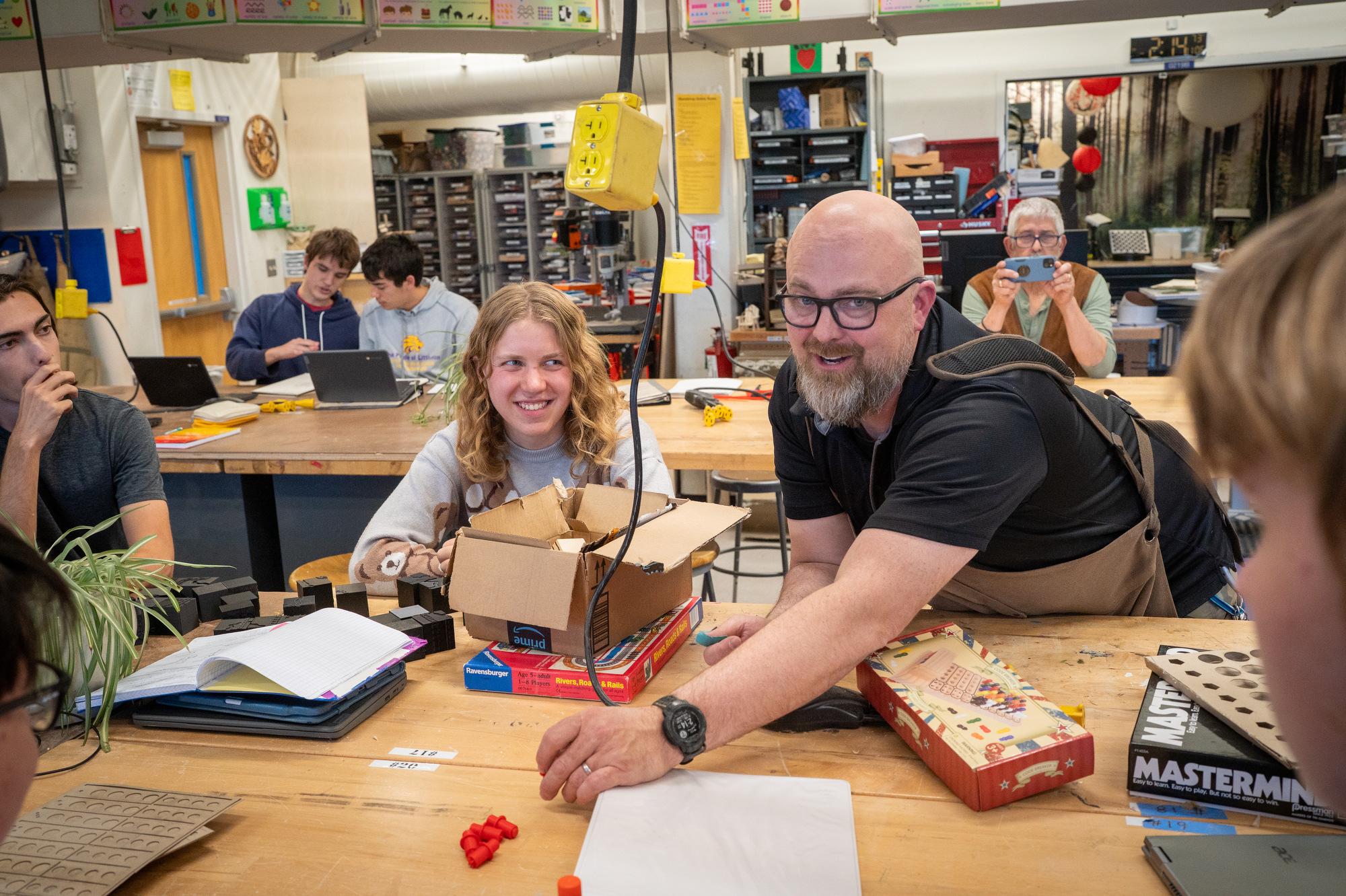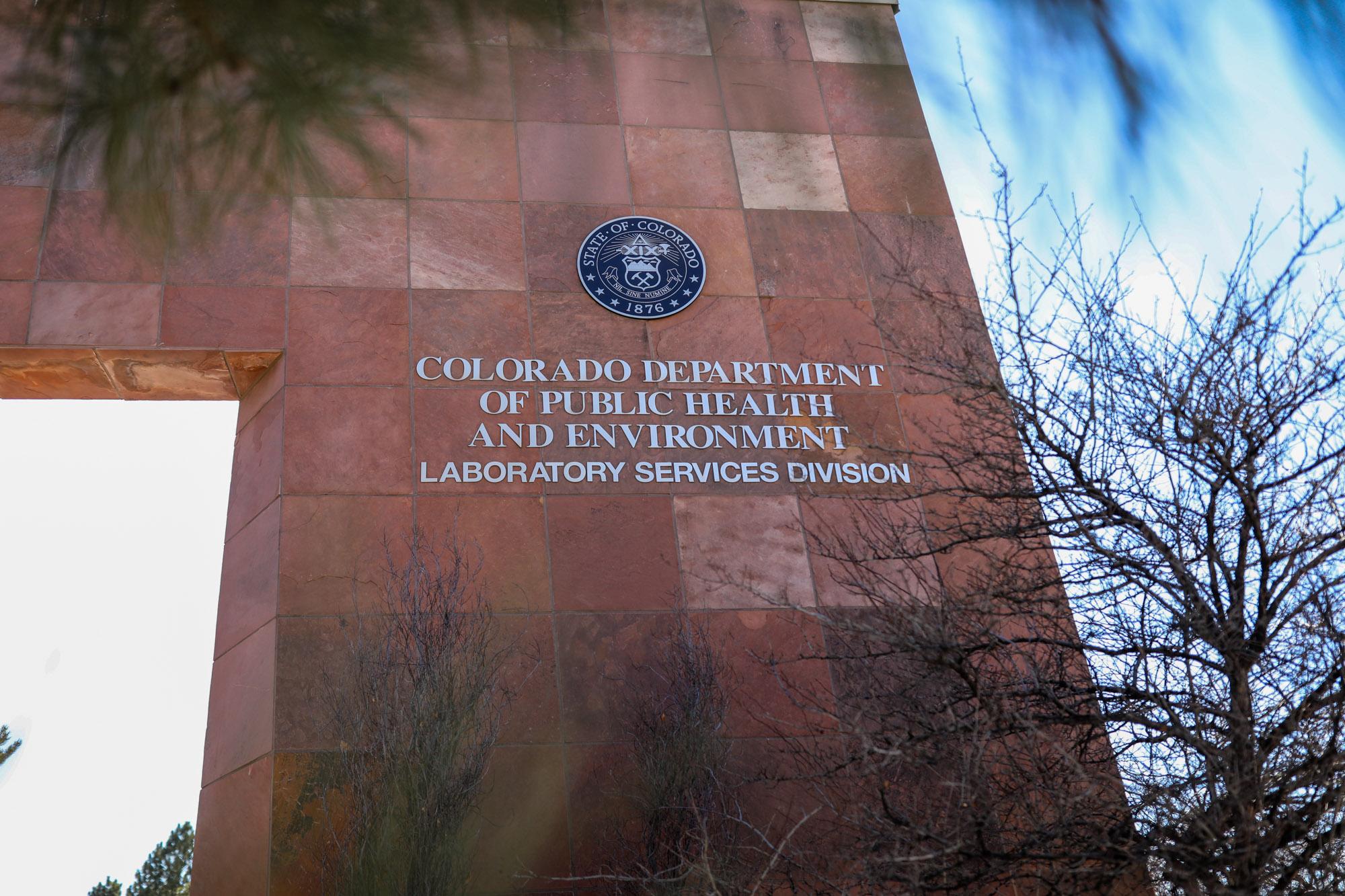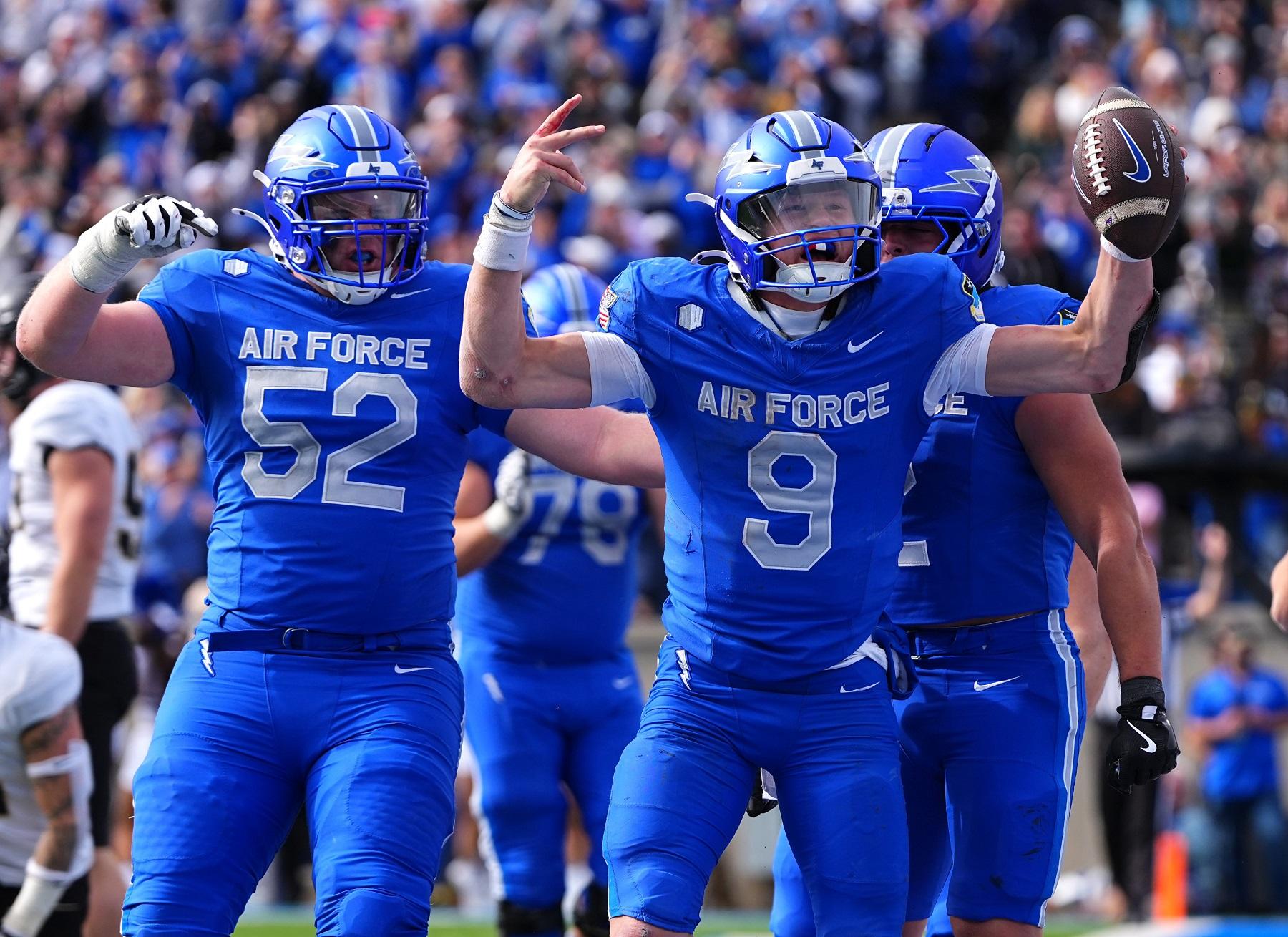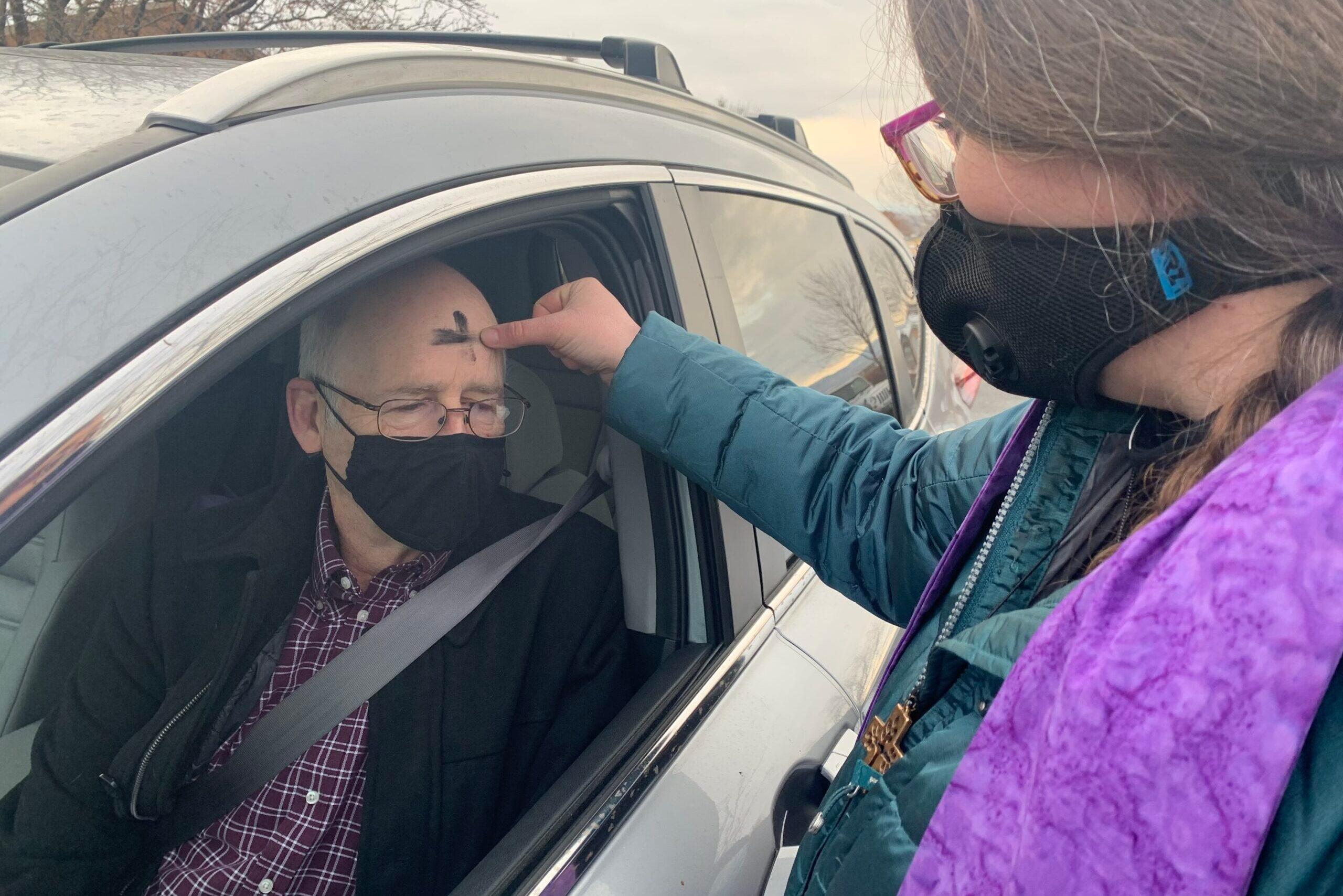
Pastor Kaila Armbruster started her Ash Wednesday like never before — bundled up in the parking lot of Shepherd of the Valley Lutheran Church in Grand Junction.
To each car that drove up, she recited “remember that you are dust and to dust you will return,” then reached through the open window and drew an ashen cross on the driver’s forehead.
A long, purple stole hung around her neck, a symbol of repentance and forgiveness. Everyone was wearing a mask.
It was the start of Lent, pandemic-style.
Figuring out the safest and healthiest way to observe the Christian holy day “was something we really had to think about,” Armbruster said.
Her church settled on this drive-through experience, a big deal after not having any in-person services since last March.
“It is very, very different if we were all online, and we were all imposing our own ashes,” she said. “There is something missing in that.”
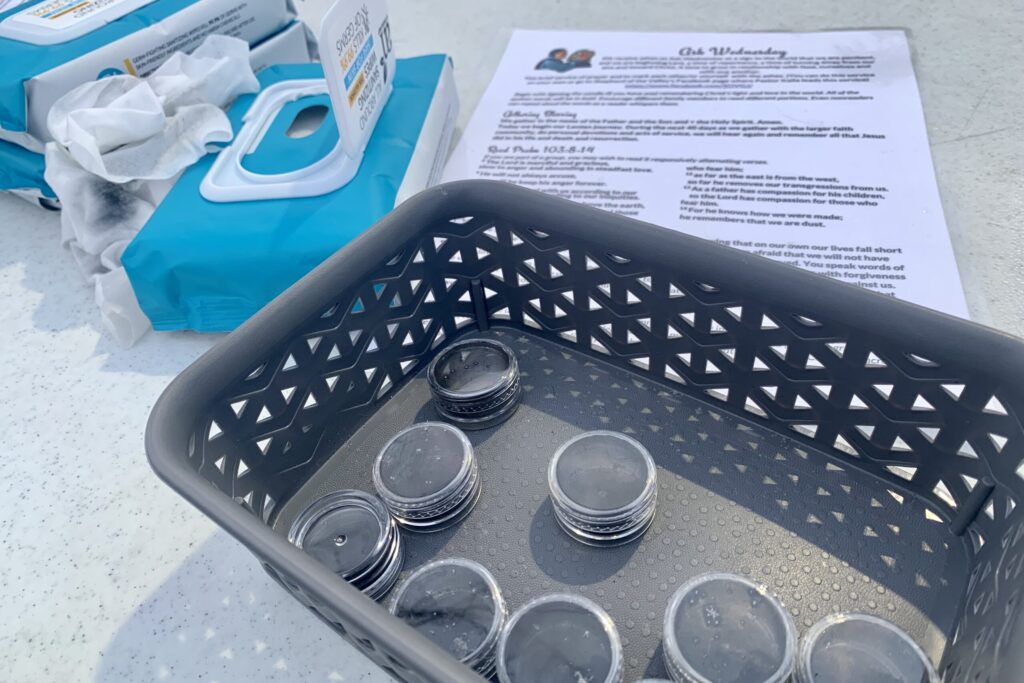
Instead, these services meant seeing some parishioners she hadn’t in nearly a year. A few months after that last time they were all sitting in church together, her son was born.
“I’m going to get teary-eyed,” Armbruster said, as her glasses fogged up and she dabbed her eyes, her voice starting to crack. “Most of the congregation hasn’t met him, and they’re extended family. So it’s definitely been really hard.”
Ash Wednesday was a chance to reconnect, and despite the cold, church members were full of gratitude.
“It’s not like we’ve done it before,” said Keith Miller, from behind his steering wheel, “but it’s — it helps.”
Miller, who does some work at the church, is one of the few who’s actually seen Armbruster’s young family within the last few weeks. It was nice, he said.
“It would be nice to see them way more often, of course,” he went on, “but that will probably be several more months.”
There’s no telling when Shepherd of the Valley will resume in-person services, even though many churches in Mesa County have. There has also been a rash of church-related COVID-19 cases. Churches have become one of the county’s largest sources of outbreaks so far this year.
Armbruster understands how hard it is to balance safety with the need for people to be together.
“And to me, every church community is making the best decision with the information that they have at the time, that they feel for their congregation,” she said.
For her church, that means keeping Sunday services online — at least for now.
It also means making up little to-go Ash Wednesday kits for people who couldn’t come or didn’t feel comfortable at the drive-through service. And the pandemic could mean many other changes for Armbruster's congregation before they’re all together again, under one hallowed roof.
“It’s a time of creativity,” she said, with a knowing laugh.

